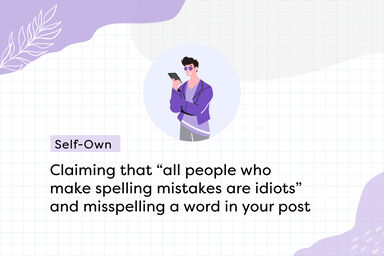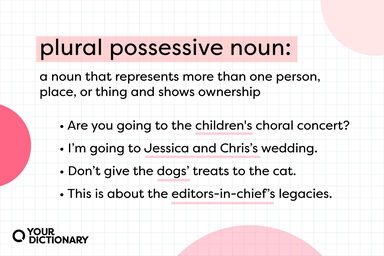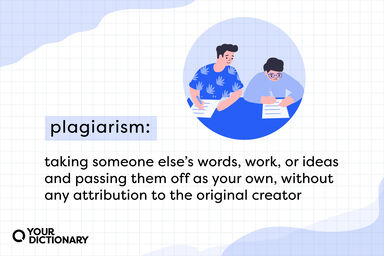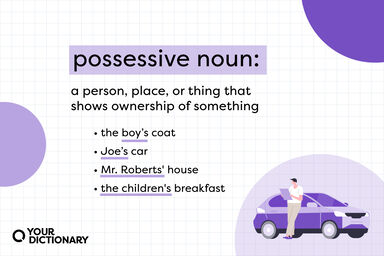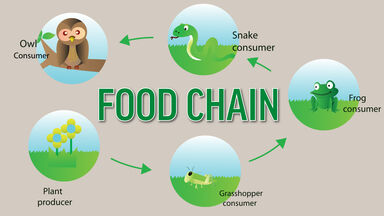Own Definition
- By one's own efforts:
She got the job on her own.
- Responsible for oneself; independent of outside help or control:
He is now out of college and on his own.
- to receive what properly belongs to one, esp. acclaim or recognition
- to get or take revenge; get even
- belonging strictly to oneself
- by one's own efforts or on one's own initiative
- independent of help from others
Idioms, Phrasal Verbs Related to Own
- on (one's) own
- come into one's own
- get one's own back
- of one's own
- on one's own
- own up (to)
Origin of Own
-
From Middle English unnen (“to favour, grant"), from Old English unnan (“to grant, allow, recognise, confess"), from Proto-Germanic *unnanÄ… (“to grant, thank"), from Proto-Indo-European *ān- (“to notice"). Akin to German gönnen (from Old High German gi- + unnan), Old Norse unna (Danish unde). In Gothic only the substantive 𐌰𐌽𐍃𐍄𐍃 (ansts) is attested.
From Wiktionary
-
From Middle English owen, aȝen, from Old English āgen (“own, proper, peculiar"), from Proto-Germanic *aiganaz (“own"), from Proto-Indo-European *eiḱ- (“to have, possess"). Cognate with Scots ain (“own"), Dutch eigen (“own"), German eigen (“own"), Swedish egen (“own"), Icelandic eigin (“own").
From Wiktionary
-
From Middle English ownen, from Old English āgnian (“to own"). Cognate with German eignen, Swedish ägna, Icelandic eiga. See also the related term owe.
From Wiktionary
-
Middle English owen from Old English āgen aik- in Indo-European roots
From American Heritage Dictionary of the English Language, 5th Edition
Related Articles
Find Similar Words
Find similar words to own using the buttons below.
